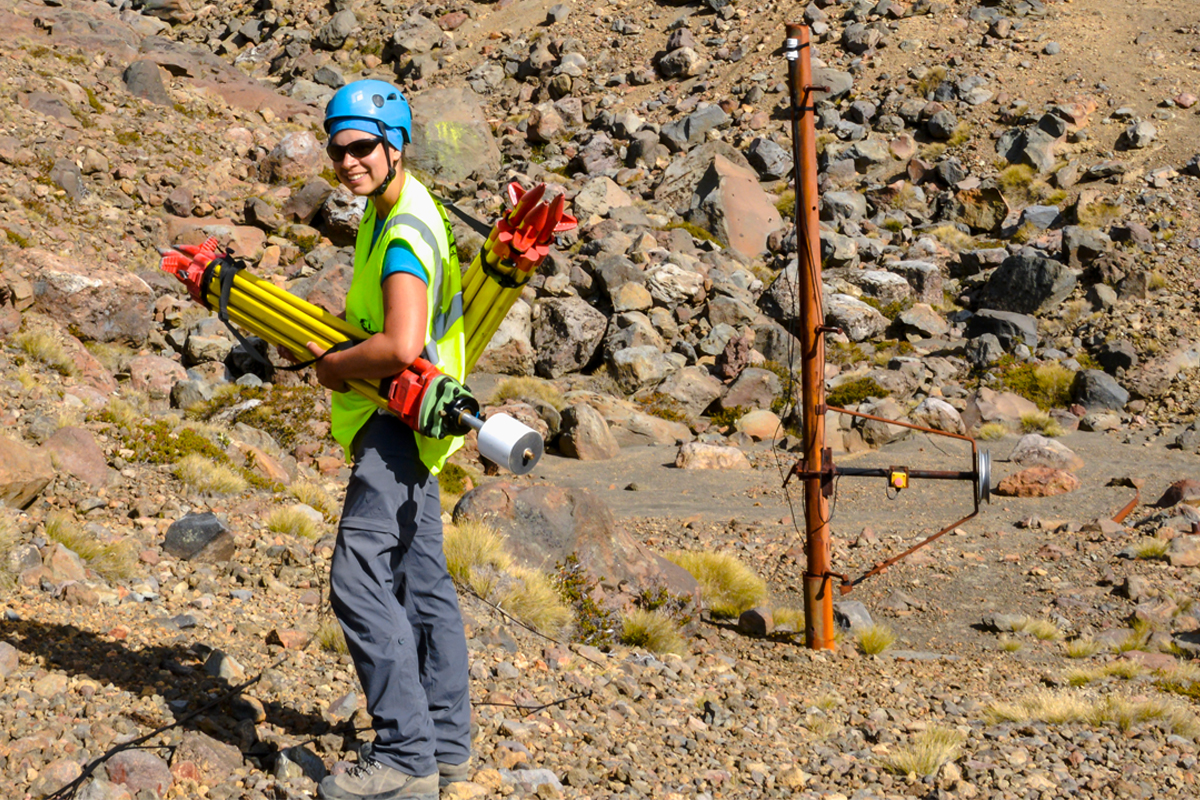All Categories
Featured
Table of Contents
Geophysical Survey - Salisbury Archaeology in Henley Brook Australia 2021
Link with MBA programs looking for prospects like you. Study. Connect with master's programs around the country to get an edge over the competitors.

A geophysicist research studies different aspects of the earth. According to the U.S. Geological Survey, they study gravity, magnetic, electrical, and seismic activity occurrences. Geophysicists also document, evaluate, and take measurements of geographical functions and anomalies. See a video to discover what a geophysicist: Geophysicists need to make a minimum of a bachelor's degree; however, this is for an entry-level position.
Advanced degrees need more particular studies in the specialty of choice. Job prospects are higher if you have a strong background in computer science or technology.
Working As A Geophysicist And Oceanographer In Canada in Perth Aus 2022
Access to these chances may be restricted depending upon where you live; however, internships or summer programs with geophysical companies, university geophysics department, or the U.S. Geological Survey can be alternatives. You can discover a list of a list of chances on the United States Geological Study (USGS) websites' Pathway Programs tab (opens in another link).
If you have yet to finish high school, taking as numerous science and math classes as possible would be a plus. Geophysicists likewise deal with computer systems while looking into, so computer system courses can also be useful, as mentioned previously in this short article. Numerous geophysicists concentrate on a location of geophysics. The job description would alter pending on the specialty.
A geophysicist's tasks can consist of measuring, tracking, and recording information from various physical homes on earth. They likewise evaluate and test information got. Geophysicists frequently have to take a trip worldwide to analyze geological occasions that have actually taken place or might have been forecasted. Geophysics is a research-based career field, for that reason one should have the capability to hypothesize, problem-solve, and question or difficulty previously held assumptions from their collected information.
Geophysical Survey in Carramar Australia 2022
Jay Wellik, a geophysicist, studies volcanos. His area of proficiency in geophysics is investigating why volcanos erupt and what indications there might be that an eruption might take place. He tracks seismic activity and then follows what happens in the past, throughout, and after a volcano erupts. Geophysicists normally work full-time hours; nevertheless, they often work irregular hours, as discussed previously.

You can find extra information about Geophysicists in addition to extra educational products on the U.S. Geological Survey website (links open in a brand-new window). Laura Stern, of the U.S. Geological Survey at the Gas Hydrates Laboratory in Menlo Park, California: We make a number of various hydrates in the laboratory.
We likewise make carbon dioxide hydrate, ethane hydrate, propane, a number of different structures. It's about 100 degrees cooler than the temperature level at which these hydrate samples would dissociate, when they would break down to ice plus gas on the tabletop.
Surface Geophysical Methods in Padbury WA 2022
So the samples we make, their polycrystalline. They appear like snow, it appears like compacted snow but honestly, it does contain gas inside. Take a little piece off here and as it heats up, you'll begin to see it pop. It's reverting to ice plus gas and after that as the ice would melt as it continues to warm, it will wind up being water plus gas.
My name is Steve Kirby, I'm a Geophysicist here at the U.S. Geological Survey in Menlo Park. I work with Laura Stern who is likewise a Geophysicist in this lab that is devoted towards the examination of planetary ices and gas hydrates. Gas hydrates in nature happen in very remote places and they are really intricate with the interactions and conditions that they form under and samples that are brought up are under some sort of alternation or decomposition.
This is an unusual lab and there are just a handful of them worldwide and we are extremely fortunate to be here at the Geological Survey and to have the opportunity of working on them. Bureau of Labor Data, U.S. Department of Labor, Occupational Outlook Handbook, Geoscientists. National Center for O * Web Advancement.
Geophysical Investigations in Currambine Aus 2021
00. O * Internet On, Line. This video was produced by the federal government for the U.S. Geological Survey. The USGS Gas Hydrates Laboratory is moneyed by the Department of Energy and the USGS Gas Hydrates Job.
Table of Contents
Latest Posts
How To Become A Geophysicist in Pickering Brook Aus 2023
What Does A Geophysicist Do? Role & Responsibilities in Wembley Downs Western Australia 2023
Geophysical Surveys As Landscape Archaeology in Shelley WA 2021
More
Latest Posts
How To Become A Geophysicist in Pickering Brook Aus 2023
What Does A Geophysicist Do? Role & Responsibilities in Wembley Downs Western Australia 2023
Geophysical Surveys As Landscape Archaeology in Shelley WA 2021